Do you struggle to get through to your GP on the phone to make an appointment?
When we asked you about getting in touch with your GP – nearly 70% of you told us it wasn’t easy.
Busier surgeries and busier phone lines are causing many to become frustrated.
We asked two local GPs for the answers.
Blairgowrie GP Dr Andrew Buist, who is also chair of the BMA’s Scottish GP Committee and Dr David Shackles from Perth, joint chair of the RCGP Scotland, gave us reasons.
Why is my GP surgery so busy?
Dr Buist says increasing demand has been caused by a perfect storm of:
- The pandemic
- Pressures from elsewhere in the healthcare system (because of waiting times for treatment)
- Reduced staff numbers due to Covid
- Reduced availability of locums to help plug staff gaps
- An ageing population
- Patients with more complex needs.
Longer appointment times with GPs
Dr Shackles says they’re also seeing more patients with certain conditions, including mental health concerns.
He adds: “These consultations tend to be more complex.
“They often require longer appointment times or a number of consultations to ensure the patient receives the care they require.”
And Dr Buist adds more GPs are needed.
“Before the pandemic, we didn’t have enough and we still need many more to fully meet demand.
“That’s why the Scottish Government is right to train and recruit another 800 GPs by 2027.”
Are surgeries getting more phone calls?
Many have wondered if more calls are coming in to surgeries.
A BMA survey last year revealed 83% of practices said demand was exceeding capacity.
And it’s something both GPs say continues.
“While there aren’t any official figures to show this, just about every practice I speak to reports demand has increased substantially,” Dr Buist says.
Dr Shackles agrees: “Anecdotally, practices are reporting the number of calls received far exceeds the levels before the pandemic.
“This is certainly the case in my own practice.”
Why can’t I get through by phone first thing?
Although Dr Buist says he doesn’t want to generalise, he says the main reason for difficulty getting through will be the sheer volume of calls being received.
“Staff will be working exceptionally hard to get to each and every call – but there are only so many phone lines, and so many receptionists to answer them.”
Dr Shackles agrees: “Early mornings tend to be a very busy time for our phonelines.
“This is particularly the case on a Monday morning, which is the busiest time of the week for phone calls.
“Many patients call at this time as they are concerned they may not be able to get an appointment if they leave it any later.”
Is phoning the GP earlier better?
Not necessarily – because appointments are allocated on need.
Dr Shackles adds: “While each GP practice operates slightly differently, it’s important to remember calling up earlier in the morning does not necessarily mean you will be offered an earlier appointment slot.”
“Patients with more urgent needs are offered an appointment slot sooner than patients with less time-sensitive concerns.
“It also might be the case you are offered an appointment with another member of our highly trained multidisciplinary team.”
Do I always need to phone?
Each individual GP practice is responsible for its own appointments system.
The advice here is for patients to read their practice website.
That’s because it might be the case you can contact your GP practice via email or e-consult, saving the need for a phone call altogether.
Why does the receptionist ask me what’s wrong when I do get through?
It’s not about being nosey or to cause you extra delays.
They’re doing something called triage – gathering details so you get to see who you need to.
Dr Buist explains: “Given the huge levels of demand, it’s crucial we use our time as GPs effectively and to make sure the most urgent and serious calls are priority assessed by a GP.
“There would be no way of achieving that if a receptionist did not establish the reason for an appointment.”

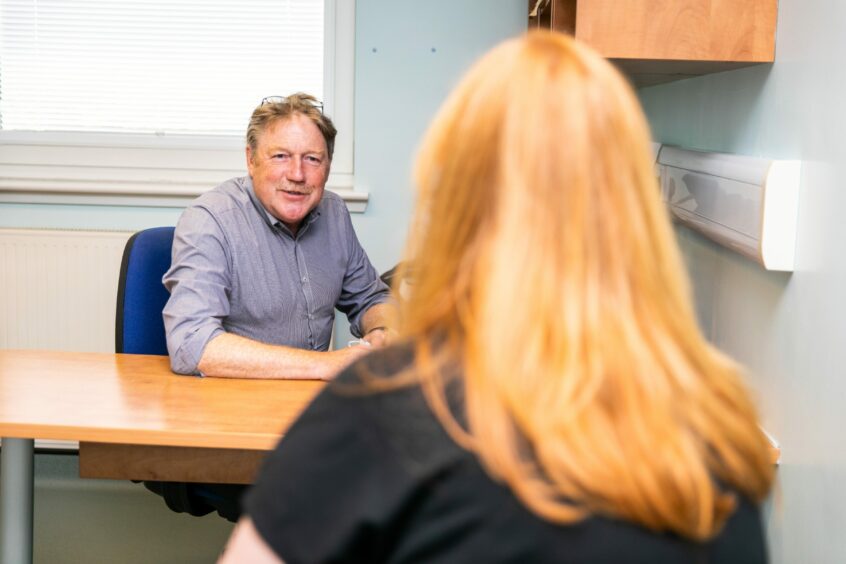

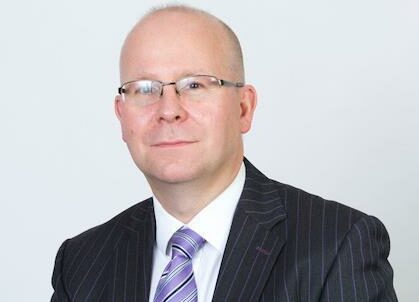
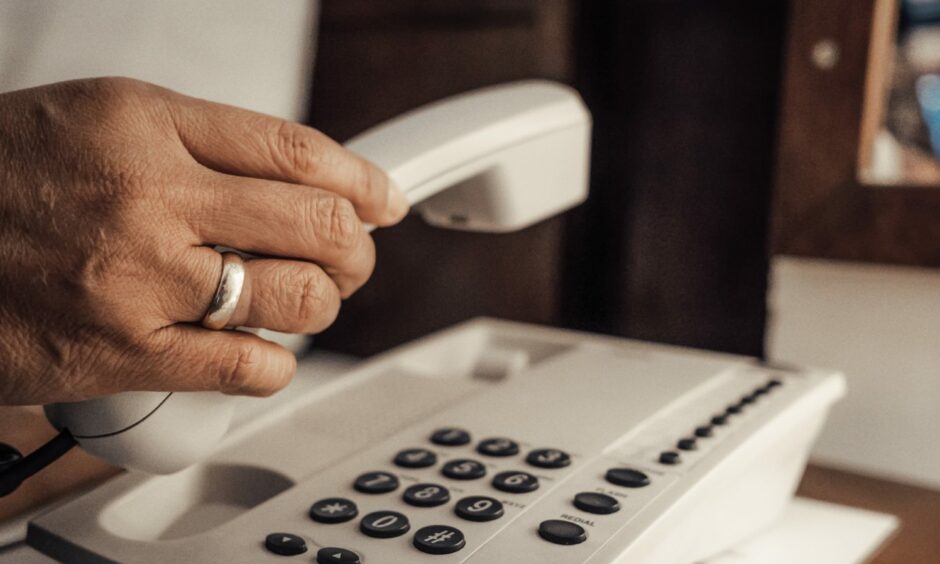
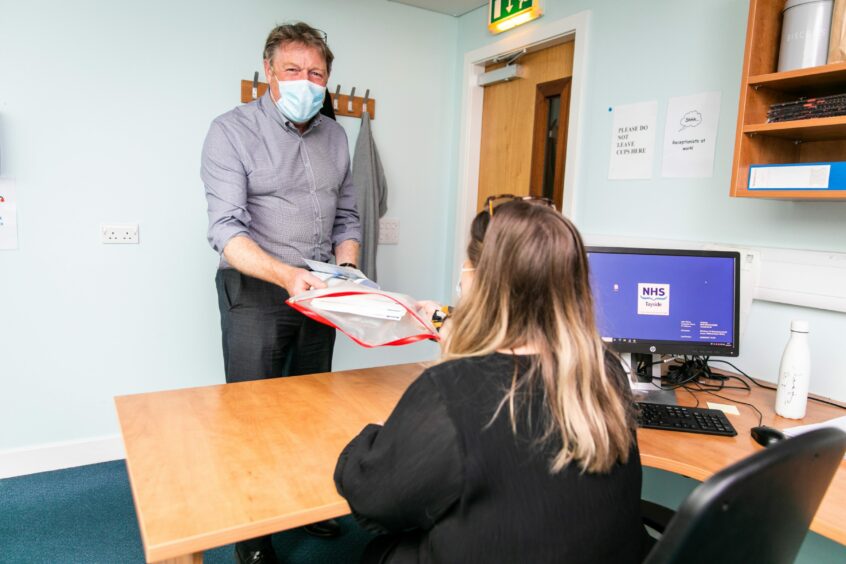
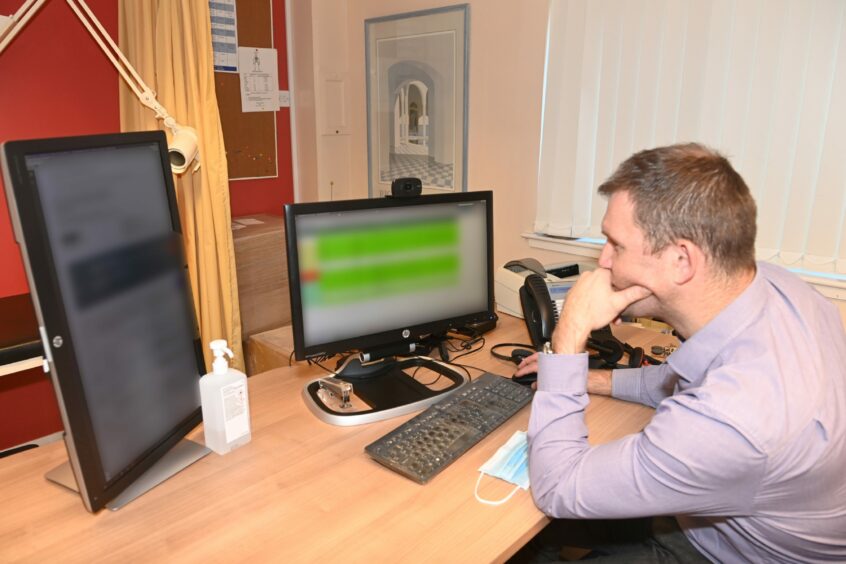


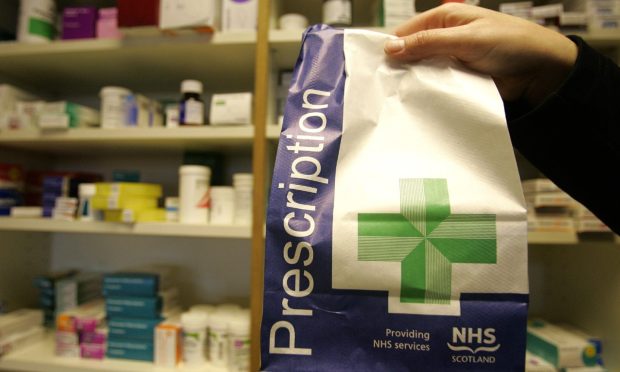
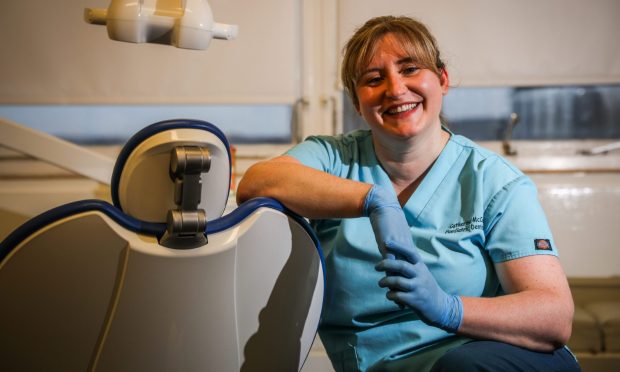





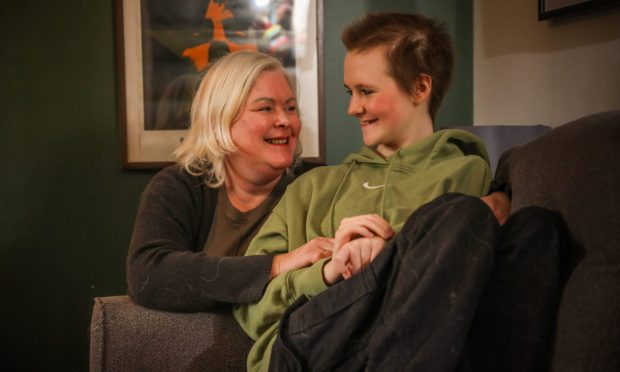
Conversation